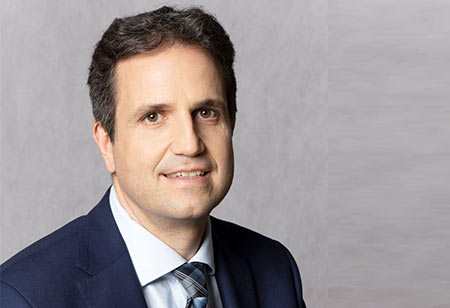The energy transition is no longer under discussion, it’s an ongoing reality that is shaping politics, economies and societies. Renewable energies have reduced their costs to increase their competitiveness and now the focus is on improving their efficiency throughout the value chain.
Enhancing operations in the renewable energy sector is a clear example of this. We should not forget that this business is not only about technology, but also about people. Many times, we can end up focusing excessively on technology and not so much on people who, after all, are key for a transformation that cannot wait anymore. It is essential to operate the assets ensuring safety, doing the appropriate maintenance works on them to keep them in a perfect state and, of course, implementing the necessary life extension programs if the strategy of the company is to go beyond the initially certified useful life. All this cannot be done without high performance teams where trust and leadership are key drivers. We must be able to develop transformational leaders because their role is key to motivate and lead the teams.
We must be able to develop transformational leaders because their role is key to motivate and lead the teams. This is especially important given the uncertain times we are facing, and even more in a business where assets are often decentralized
This is especially important given the uncertain times we are facing, and even more in a business where assets are often decentralized. We all want to have safe operations and, here again, leadership emerges as the key to have excellent results. Does anyone think at this point that health and safety is a matter of luck? It can be certainly stated that a company’s results in health and safety are nothing more than a projection of the leadership practised in the asset. A good leader is recognized from afar because his/her leadership is transferred to the team and the results are spectacularly obvious. We can always find excuses for the results we obtain, because there will always be external elements that seem out of our control with a high influence on our results. Nevertheless, the difference between being a leader or a mere project coordinator lays in the way in which we approach and face these challenges.
In a constantly changing environment such as the current one, we can let ourselves be carried away by the wave of changes or take decisive action. By understanding that we have many tools at our fingertips, we can redirect the wave and turn the challenges into a tremendous opportunity for the organization. And even more important, we must acknowledge that this can only be done if we have made a firm commitment to the talent and progress of the people within our teams.
For all the above-mentioned reasons, I would like to emphasize once more the importance of the development of teams and collaborators. We cannot forget this crucial pillar if we want the energy transition to be a complete success, and it is essential to address conversations about leadership and feedback. These talks may not always be easy, but we must do it if we really want to develop the leaders of the present and, of course, the leaders of the future. We must tell our team very clearly what we expect from each person, and we must create environments of trust, encouraging constructive conflict resolution. Through all this, we will manage to establish very solid pillars on top of which technology and the already available technical knowledge will do the rest.
Let's focus on people, as technology is already there and ready to be put in place.


